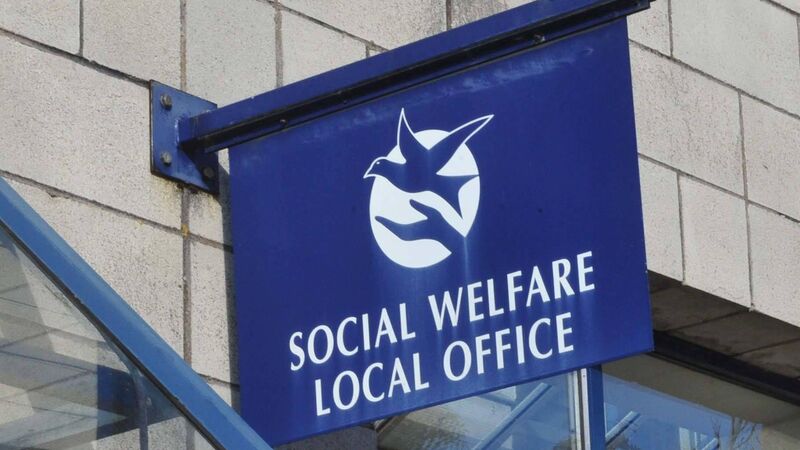Number of jobseekers not engaging with employment services exceeds 2023 figures

The committee heard there are particular groups that are over-represented in the unemployment figures. This includes members of the Travelling community, people with disabilities, lone parents and young people from disadvantaged backgrounds. File picture: Denis Minihane
The number of jobseekers penalised for not engaging with employment services or not taking up offers of employment so far this year has already outstripped all of 2023, an Oireachtas committee has heard.
Fine Gael TD for Cork East David Stanton said he had received figures from the Department of Social Protection to indicate there had been over 7,200 such cases so far this year, ahead of around 5,000 for all of last year.










